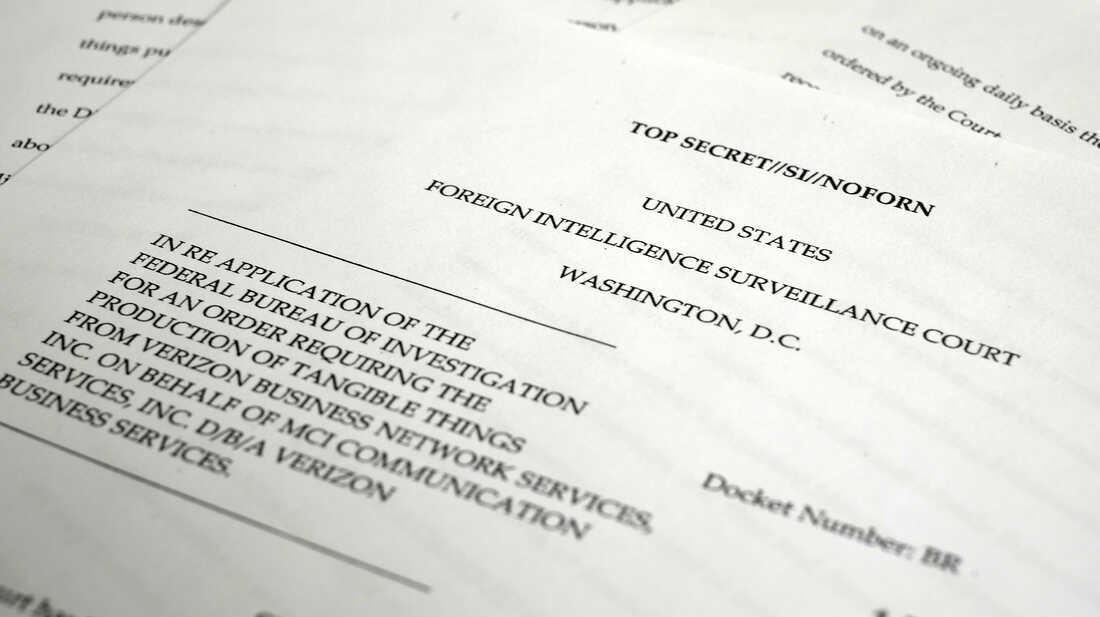House Passes FISA 702 Renewal & Looks to Expand Surveillance Powers

Instead of letting the Patriot Act expire, the way it was always intended to, it’s being expanded.
The US House of Representatives has passed the renewal of Section 702 of the Foreign Intelligence Surveillance Act (FISA), embedded within the Reauthorization of the Intelligence Surveillance Act (RISAA). The bill, passed last Friday, contains what could be the most substantial expansion of domestic surveillance since the Patriot Act, according to critics like Senator Ron Wyden, who described the expanded powers as “terrifying.”
Under the existing framework, electronic communications service providers such as Verizon and Google are compelled to assist the NSA in its surveillance activities under Section 702. These activities are ostensibly targeted at foreign individuals overseas, though they often capture communications involving Americans.
However, a new amendment to the definition of “electronic communications surveillance provider,” spearheaded by leaders of the House Intelligence Committee (HPSCI) and approved by the House, dramatically broadens the scope of entities that could be obligated to facilitate NSA surveillance. The revised definition now potentially includes any business or individual that manages equipment through which communications are transmitted or stored. This includes routers, servers, and cell towers, expanding the reach to a vast array of U.S. businesses—from barbershops and laundromats to dental offices and hardware stores.
Critics are alarmed by the breadth of this expansion, which they argue could transform everyday businesses and even service providers like house cleaners and IT technicians into unwilling participants in government surveillance. These entities would be under strict gag orders, unable to disclose their involvement, and facing severe penalties for non-compliance.
The amendment also necessitates these participants to provide the NSA not just with specific communications, but potentially with access to equipment or entire communication streams. This could lead to the incidental collection of a large volume of domestic communications, with the NSA ostensibly relying on self-regulation to filter and retain only the data pertinent to authorized foreign targets.
Despite assurances from HPSCI leaders that the administration does not intend to utilize this provision to its full extent, the ambiguity and breadth of the language used in the amendment have stirred significant concerns about potential overreach and misuse.
The Senate is poised to vote on the bill this week. Civil liberties advocates and concerned lawmakers are calling for either a revision or outright rejection of the bill to prevent what they view as an overextension of surveillance powers that could infringe on the privacy of millions of Americans.
As the debate unfolds, the urgency to address these concerns grows, with proponents urging the Senate to act decisively to either curb these powers or halt the bill’s progression to safeguard American civil liberties.



